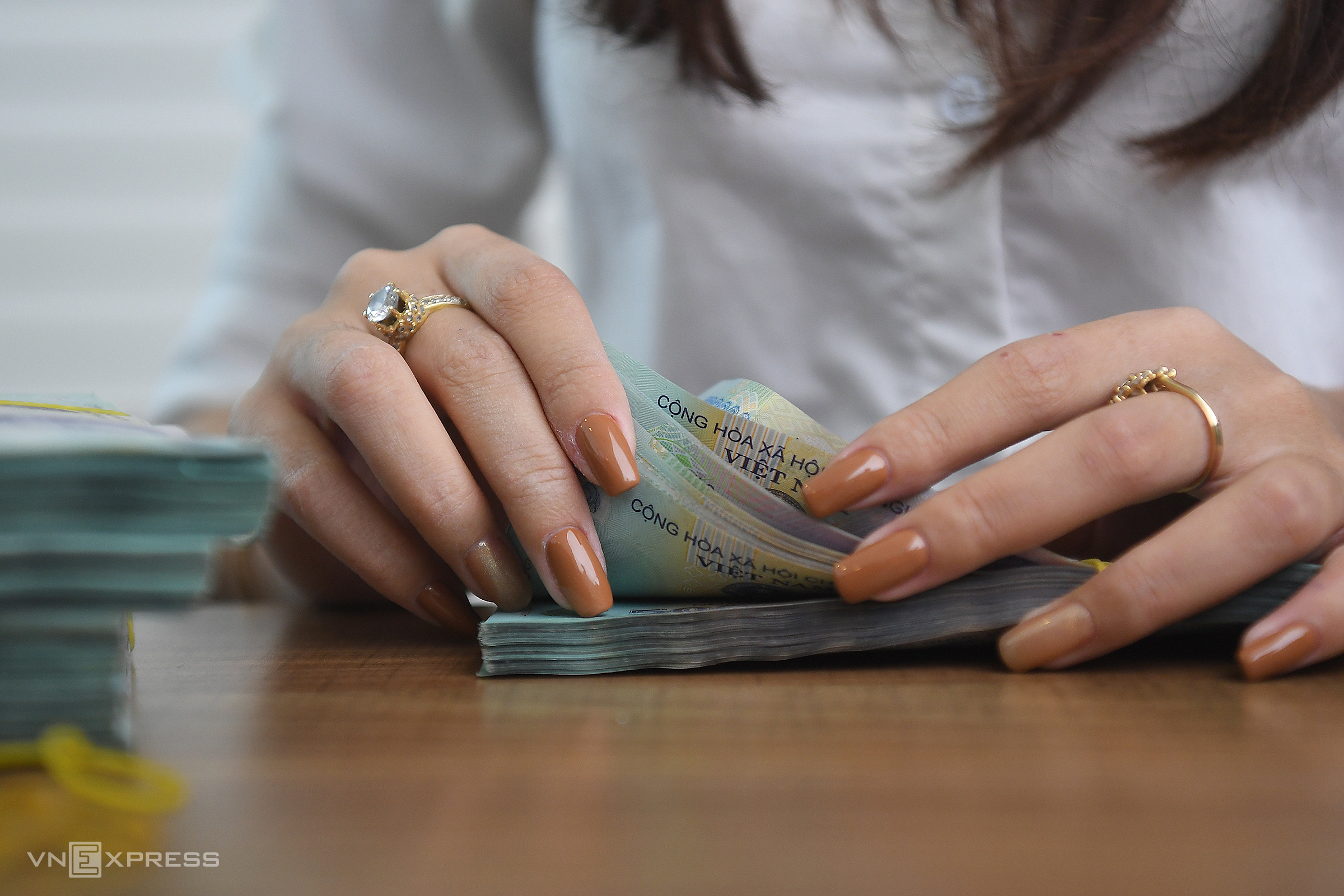Many factors contribute to financial freedom, from earning enough to meet living expenses and saving for retirement to investing and seeking passive income. However, many experts advise taking a crucial first step before embarking on any financial plan: establishing an emergency fund. This fund acts as a safety net to cope with unexpected events like illness, accidents, or other unforeseen circumstances.
When starting a financial plan, experts recommend establishing an emergency fund first. However, many people think: "I have so many other financial obligations, why should I set aside money I won't be using?"
As the name suggests, an emergency fund is money set aside for unexpected financial difficulties. These difficulties can arise suddenly and unpredictably, such as income shocks (job loss, business downturn) or expense shocks (car repairs or medical bills). These situations are not only unexpected but often costly. Without an emergency fund, you might have to dip into savings, sell assets at a loss, or liquidate investments prematurely.
 |
A bank employee in Hanoi counting money. Photo: Giang Huy |
A bank employee in Hanoi counting money. Photo: Giang Huy
Financial experts have long advised aiming for 3-6 months of living expenses in an emergency fund. For those with loans, this amount should include loan interest payments.
However, this can be a challenging goal, especially for those relying solely on salaries. Therefore, many experts also recommend considering individual circumstances when deciding how much to allocate to an emergency fund. The most important thing is to have some emergency savings, no matter how small, as any amount is better than none.
In the US, per capita income in 2024 reached nearly 6,043 USD per month, according to the Bureau of Economic Analysis (BEA). A recent study by investment management firm Vanguard found that having at least 2,000 USD in emergency savings increases happiness and reduces financial stress. This figure is less than one month's average income for Americans.
Those with at least 2,000 USD in emergency savings reported a 21% higher level of financial well-being compared to those without any emergency savings. Financial well-being is the state in which an individual feels secure and in control of their current and future finances.
"People with emergency savings have higher financial well-being, spend less time thinking about and dealing with their finances, and are less distracted at work," said Paulo Costa, senior behavioral economist at Vanguard and co-author of the study.
The Vanguard study also found that Americans spend an average of 4.3 hours per week thinking about and managing their finances. However, those without any emergency savings spend more time, averaging 7.3 hours a week. This number drops to just 3.7 hours a week for those with at least 2,000 USD in emergency savings.
In conclusion, the amount of money to save for emergencies depends on individual needs and circumstances. Experts generally recommend 3-6 months of living expenses. However, if circumstances don't allow for this, a smaller amount is still beneficial, as long as it's more than zero. The core principle is to have a financial safety net for unexpected events before starting any other financial plans.
Tieu Gu












